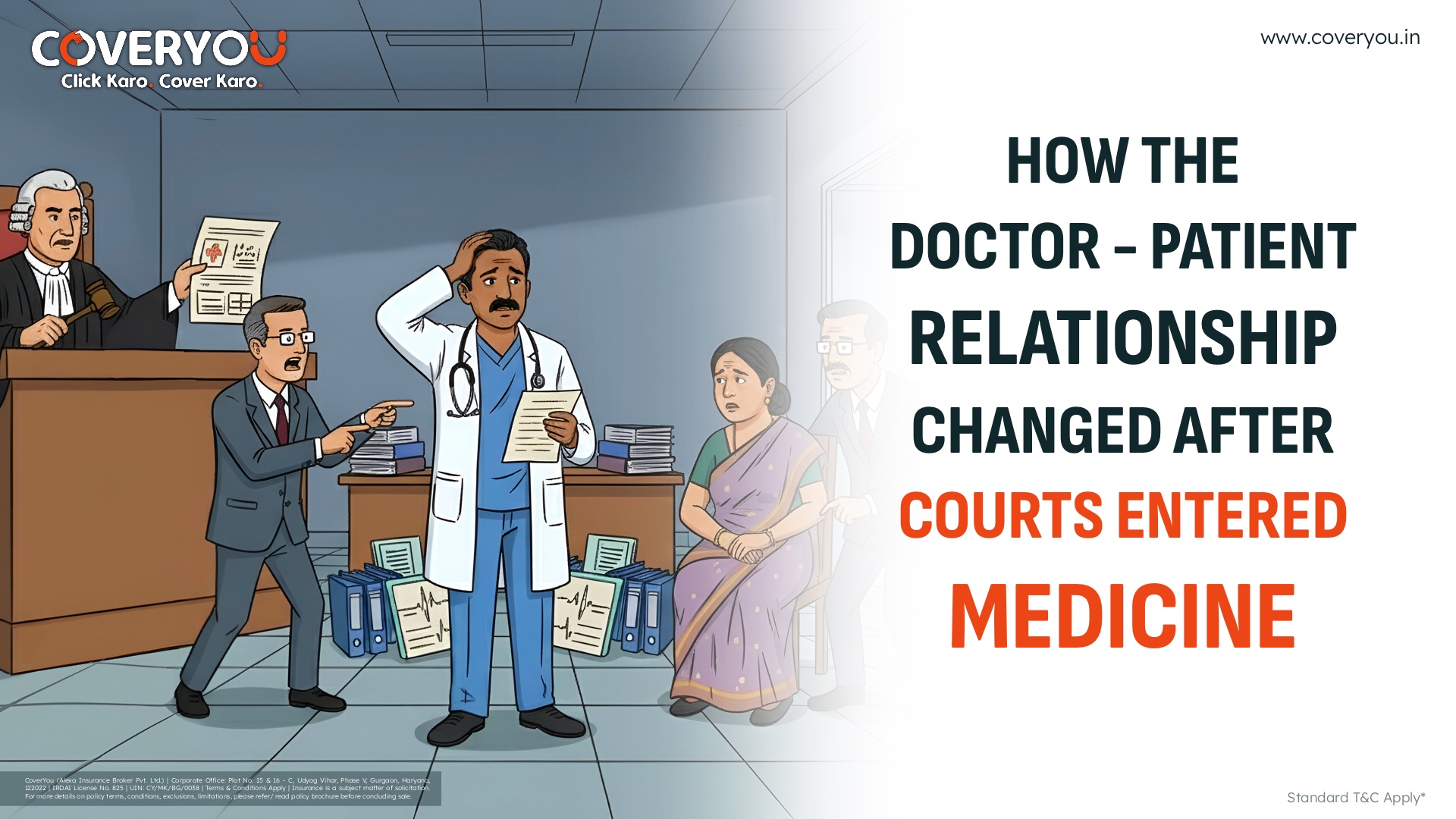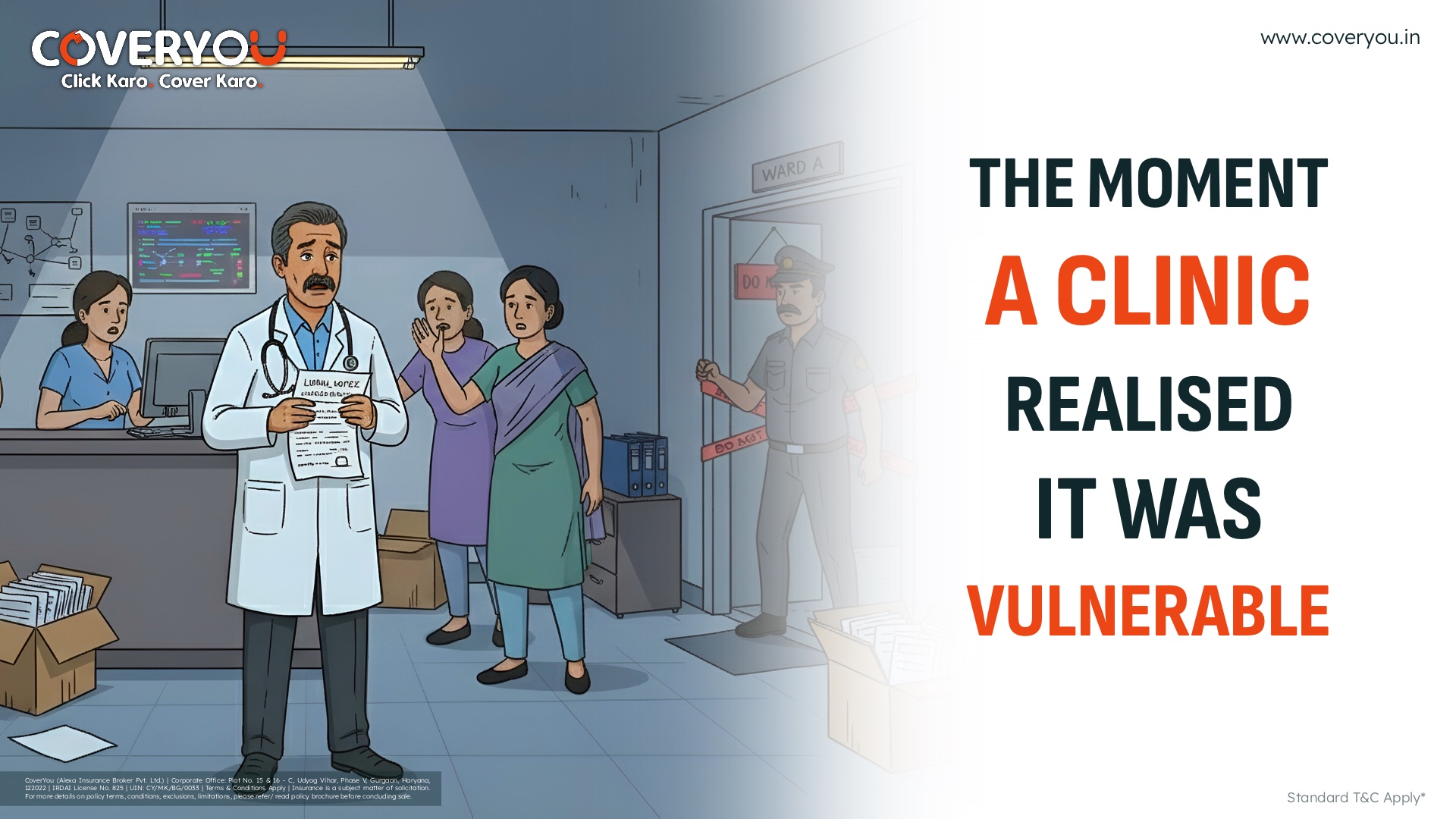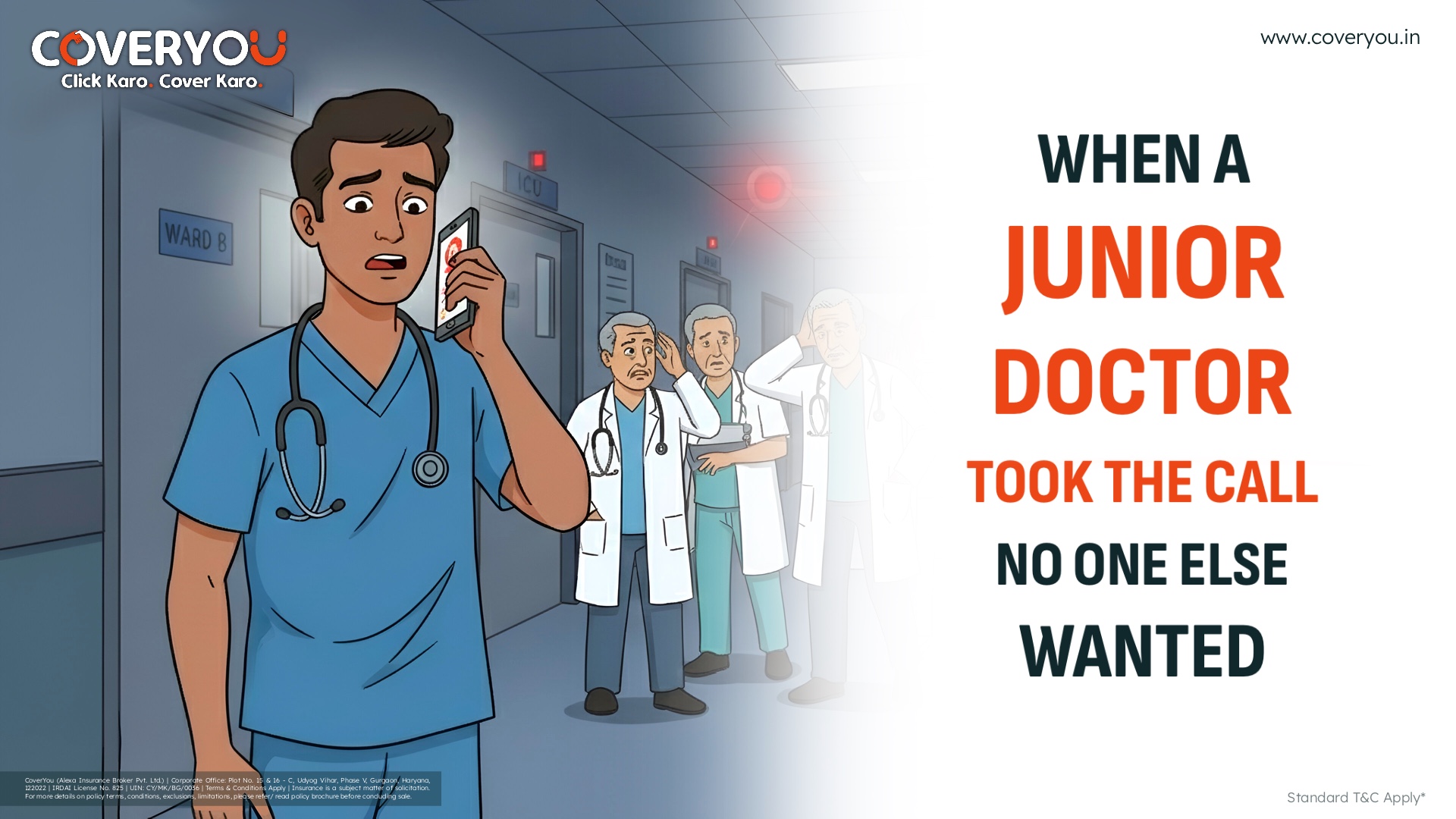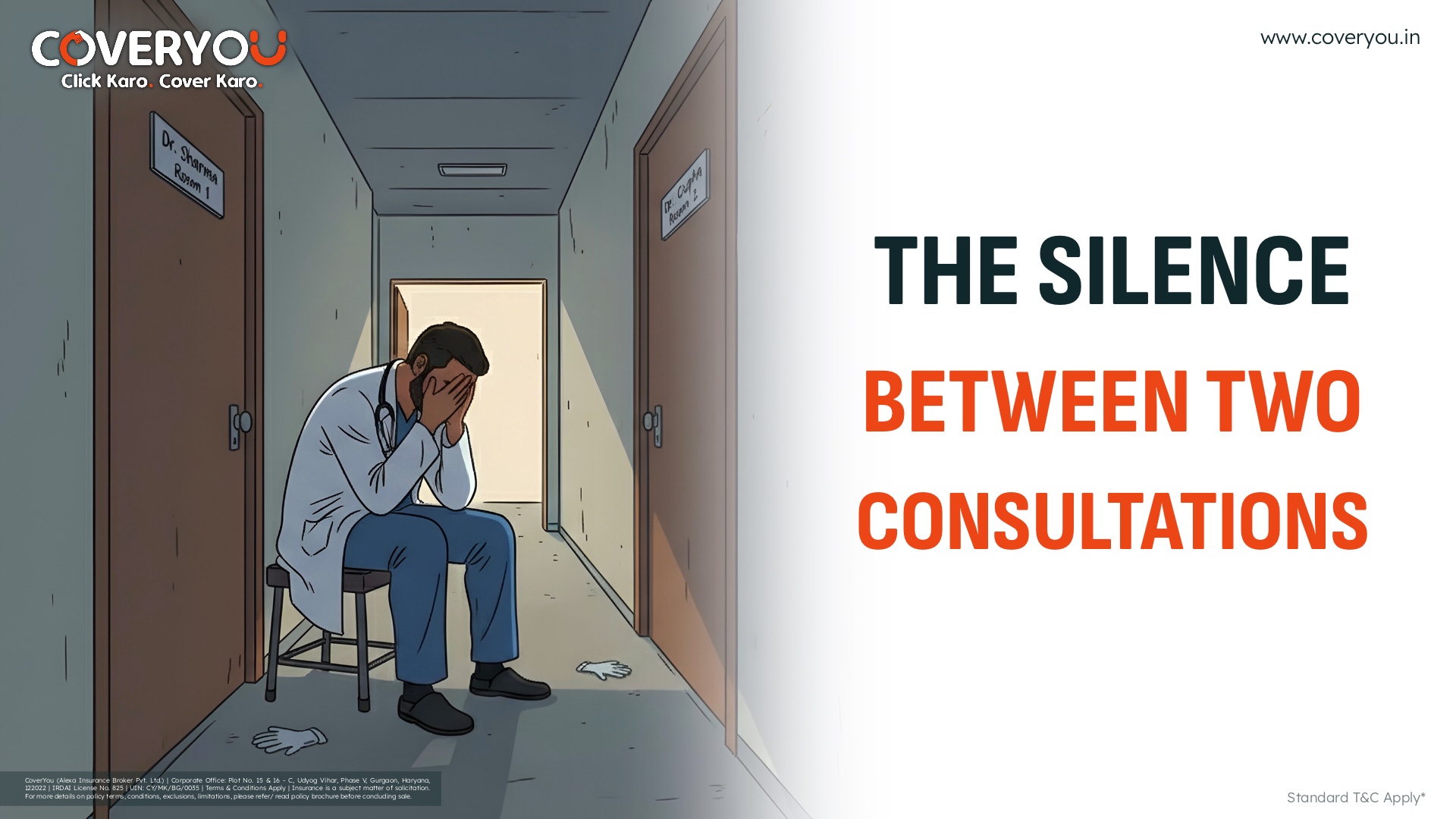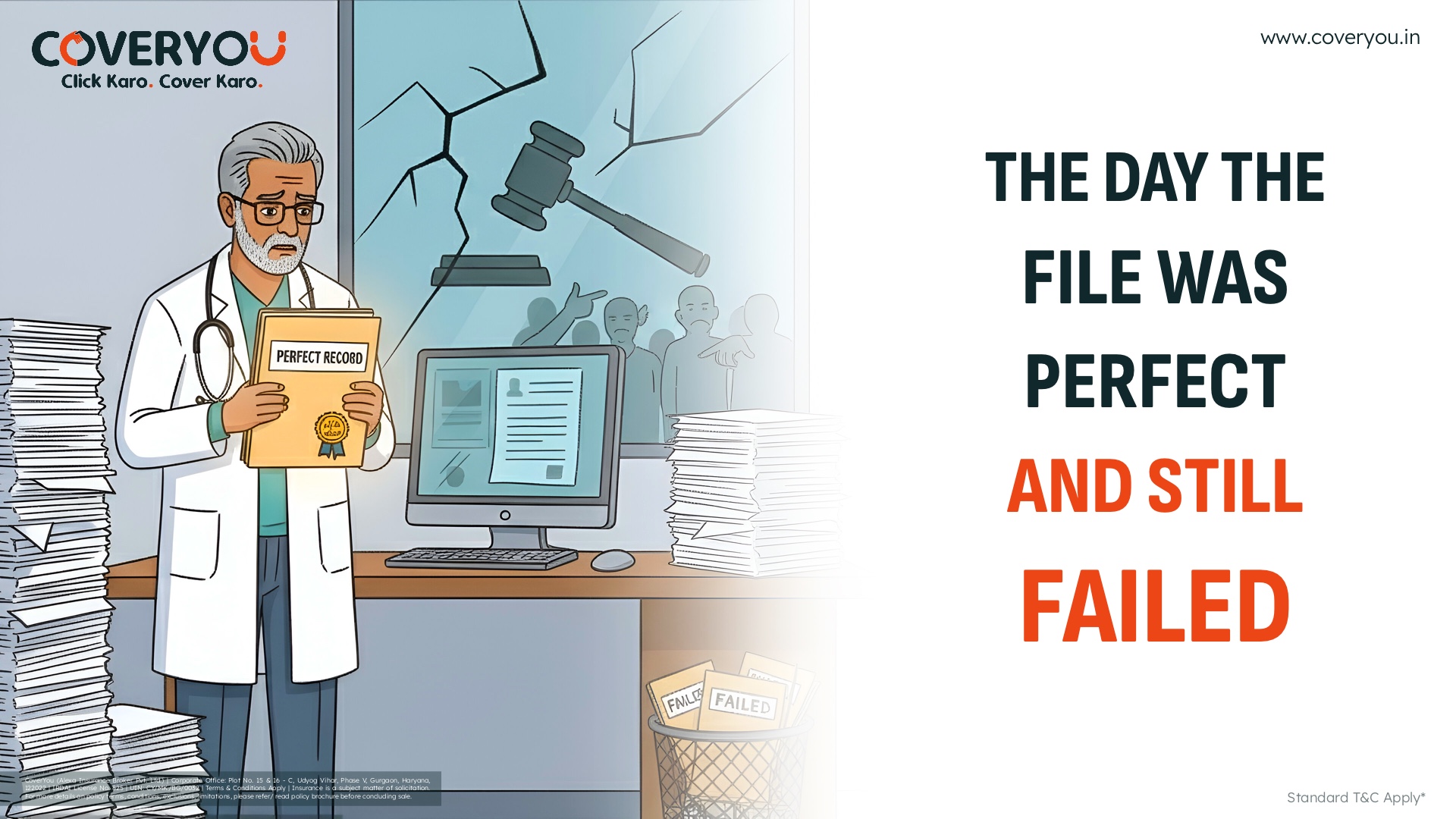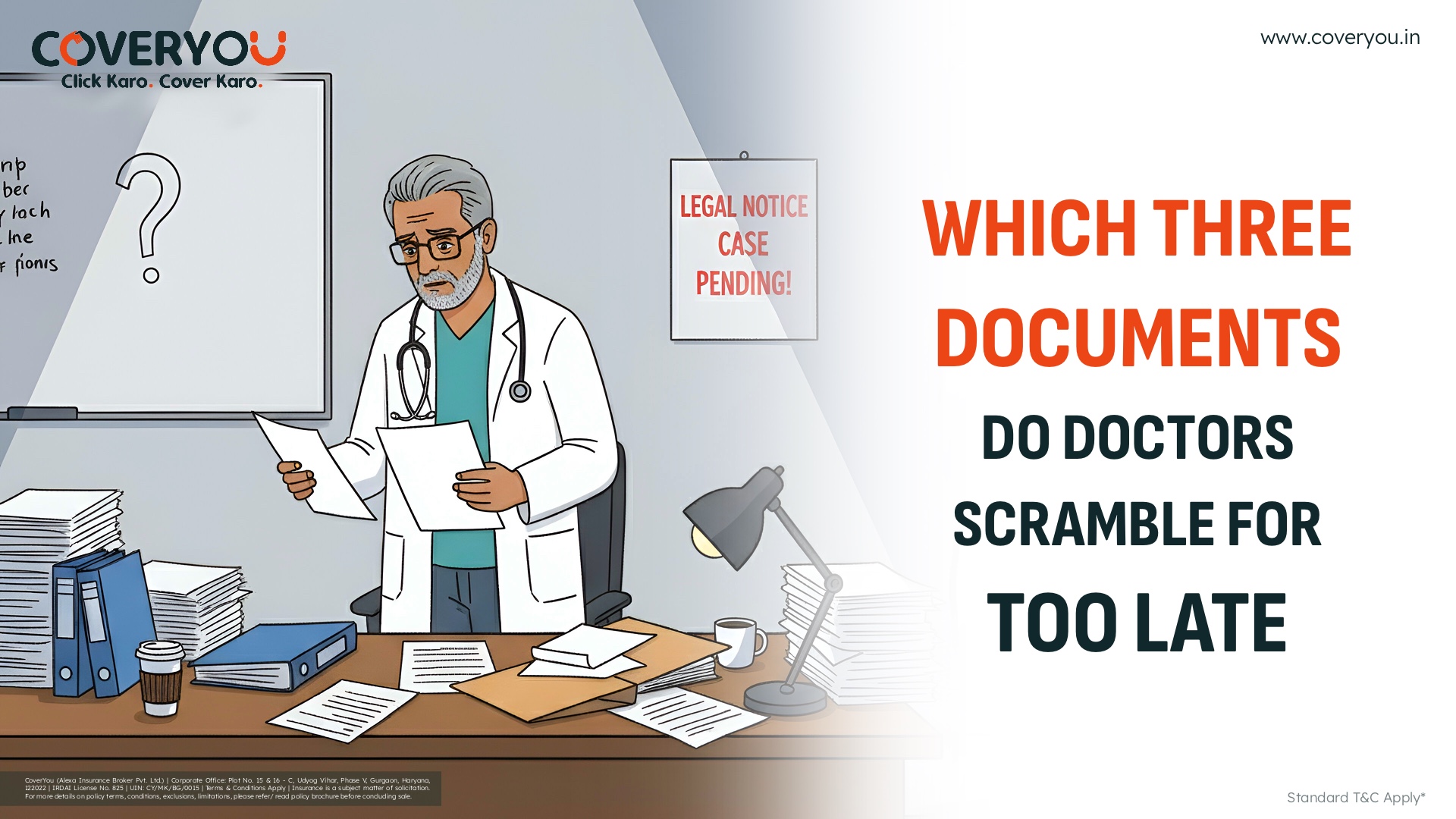Boon or a Dangerous Gamble? Microsoft’s new artificial-intelligence-powered assistant, Dragon Copilot, has created excitement and controversy in the medical community. Why It’s Here: Promising to cut down on doctors’ paperwork and make clinical workflows more efficient, this AI tool could be transformative, but at what price? As the healthcare industry rolls out AI, the question now is how safe and reliable are these tools when human lives are at stake?
What is Dragon Copilot?
Dragon Copilot, an offering from Microsoft Cloud for Healthcare, builds on the speech recognition capabilities of the Dragon Medical One (DMO) platform and the DAX ambient AI technology. Intended to assist doctors as they transcribe clinical notes, draft documents and quickly look up medical information, this AI. assistant is meant to lighten the administrative load that too frequently rips time away from patient care.
Reasons Behind AI Tools Like Dragon Copilot Are Gaining Popularity in Healthcare
Doctors go into medicine to heal, not to get buried in paperwork. But the increasing administrative burden is an old sore. AI-powered tools such as Dragon Copilot provide relief by automating repetitive tasks enabling doctors providers to focus on what actually matters their patients. Doctors using Dragon Copilot save five minutes per interaction per patient on average, according to Microsoft’s survey 70% said they felt less burned out and 93% of patients reported a better experience.
Is AI in Healthcare something we can trust completely?
Despite its potential, AI in health care comes with its own set of risks. Tools such as Dragon Copilot rely on large language models (LLMs) that are known to occasionally “hallucinate” creating false or misleading information. In any high-stakes medical environment, such mistakes can have grave repercussions. US FDA has identified such hallucinations as an urgent threat, noting that AI-generated summaries could endanger patients by falsely representing doctor-patient communications or recommending erroneous diagnoses.
The Compliance Challenge Is Dragon Copilot Really Compliant?
Microsoft claims that Dragon Copilot has healthcare-specific guardrails to provide AI output that is accurate and responsible. But it hasn’t yet offered specifics about its approach to addressing performance bias and hallucination risk. For doctors, this opacity is a major concern, as they use the machines to help them document and make decisions in the clinic.
Why Doctors Are More In Need of Comprehensive Indemnity than Ever Before
The more integrated AI tools become in healthcare, the more potential there is for errors, whether it’s from human oversight or misinformation generated by AI. In such a dynamic environment, full-scale professional indemnity policy isn’t just an option, it’s a necessity. They need to protect themselves against the legal and financial implications of AI mistakes, as practitioners, by making sure that their practice is protected in this new world of digital health.
The Road Ahead
While AI capabilities and benefits for healthcare are enormous, they need to be embraced with proper caution. As tools such as Dragon Copilot promise improved efficiency, doctors should be wary of their accuracy and dependability. As the tech continues to develop, so too should the protections of medical practice and comprehensive 360° complete indemnity policy serves as an essential buffer against unknown hazards.
Responsible Innovation
Innovation is part of the future of health care, always must be. When doctors use the tools of AI, strong legal protection will be necessary, from a fully fledged Doctors Indemnity Insurance. This is especially true because where technology and patient care meet, safety and accountability should always be the first priority.

